Swim in the warm, blue Mediterranean Sea before basking in the sun on hidden sandy beaches; sip a chilled glass of local white wine whilst enjoying a lunch of saffron-rich seafood paella; wander through the narrow cobbled streets and gothic whitewashed buildings of the historic old town; explore the flora and fauna of the wonderful Montgó national park with fabulous views over the town and sea. Located between Alicante and Valencia, Jávea is the jewel in the crown of the Spanish Costa Blanca, combining the charm of an ancient fishing village with a thriving night life and modern facilities. The town’s unique all year-round climate makes it one of the favourite destinations both for holidaymakers and for those discerning clients wishing to invest in Jávea property.
Settled since Roman times, Jávea was discovered in the 1970s by affluent Northern European expatriates who wanted to retire to their place in the sun. This is reflected in the active Jávea property industry where prices have proven to be more resilient to the recent downturn in the Spanish property market; in the second quarter of 2012, for example, Jávea property prices rose for the first time since the start of 2011 and that trend looks set to continue.
Jávea is divided into three distinct areas each with its own charm and attractions.
Take a step back in time by exploring the old town which is steeped in Spanish history and culture and where the shopkeepers still speak the local "Valenciano" language. At its centre is the fortress-church of San Bartolemé with its golden stone and faded gothic sculptures, which was begun in 1513 as protection against the constant threat of pirate attack. And don’t miss the Thursday indoor market - a riot of colour, smell and noise that assails all the senses - selling a huge variety of fresh local fruit, vegetables, cheeses and meat with fresh fish and shellfish brought up directly from the port.
The town’s maritime heritage is evident in the port area which combines a working fishing port dating back to the 15th century with a modern marina home to a profusion of luxury yachts and motor boats. This is a lovely area for a leisurely evening stroll along the wide promenade before enjoying the ‘catch of the day’ at one of the excellent fish restaurants overlooking the sea.
The Arenal Beach is Jávea’s star attraction - a beautiful crescent shaped sandy beach encircled by a promenade lined with bars, cafes, restaurants, gift shops and ice-cream parlours. During the day the atmosphere is fun and friendly with the relaxed charm that is so typical of Jávea. At night it is transformed into the place to be for an after dinner drink at one of the trendy open air bars; chilling on a sofa under the stars while laid back jazz music wafts over your head or dancing the night away until dawn breaks over the horizon.
The popularity of Jávea as a holiday and retirement destination has resulted in Jávea property continuing to prove to be a shrewd investment with properties commanding a high rental price during the summer months. Much of the credit for the current demand for Javea property is as a result of the city council’s strict planning policy, which has laid down restrictions on the stipulated heights of buildings. The resulting low rise developments have ensured that the area has not been converted into a concrete jungle stamped with monotonous high rises; instead Jávea property comes in a wide range of attractive shapes and sizes very much in keeping with the local Spanish character.
The choice of Jávea property is extensive, ranging from modern apartments and penthouses to luxurious villas and traditional fincas or farmhouses.
Apartments in the centre of Jávea are light, airy and modern, with communal swimming pools and gardens and located conveniently close to all the amenities and the beach; many also have fabulous sea views which will command a premium price.
Villas can be located around the bay or further inland in the valley. Either nestling on the lower pine-clad slopes that surround the bay or hugging the rocky coastline, ‘front line’ villas offer panoramic views of the sea; many will also have their own private beach. Travelling a little inland from the coast to the green valley of Gata de Gorgos, there are exclusive ‘urbanisations’ of luxury villas each situated in a lush and colourful garden with swimming pool, barbeque area and some with private tennis court. Many will also have dramatic views of the Montgó mountain.
Traditional fincas or farmhouses are built in the traditional Spanish farmhouse style and although retaining their original charm of authentic floor tiles, wooden beams and wide stone walls, will have all modern facilities and comforts. Many will have kept the original garden and so will be surrounded by fragrant bougainvillea, olive groves and scented lemon and orange trees.
Jávea’s metamorphosis from a sleepy 1970s fishing village into a charming, relaxed and popular holiday and retirement destination has been a success story and it is easy to see the attraction of living in a town which the World Health Organisation named as one of the healthiest in the world! Having weathered the Spanish property downturn and now leading the way for the Costa Blanca’s property market, Jávea property is proving to be a wise investment for buyers wishing to rent or own their place in the sun.
1. Putting down a Holding Deposit
On finding a property you wish to purchase you will need to negotiate the terms, price and conditions of the sale with the owner. This part of the process is not binding. We would recommend using an independent English speaking legal advisor. Once a purchase price has been agreed, normally a holding or reserve deposit will be required to ensure the property is removed from the market. The sum required will vary between properties and will be based on the purchase price. A time limit for the preagreement to be signed will be arranged and there will also be legal checks to be made.
2. Setting up a Pre-agreement (Contrato privado de compraventa)
The pre-agreement will set out the conditions under which the Buyer and Seller agree to complete the purchase of the property and the price they have agreed upon. Relevant details will generally be included for example the property details, purchase price and the date for completion. A deposit will be required at this point, this will vary, but will generally be 10% of the agreed price. This agreement will include a penal clause if the sale does not go through. If the seller pulls out of the sale your compensation will be double the deposit you have paid, but if you decide not to go through with the sale then your deposit will be lost. Certain checks will need to be made before signing the contract, checks should be made against the title of the property, mortgage status and if the property has any debts held against it. The planning status should also be looked into. These conditions can be varied by the seller and the buyer and other types of agreement can be made.
3. The Contract (Escritura de compraventa)
Before a non-Spanish purchaser can buy a Spanish property they will need to have set up a Spanish bank account and obtained a Spanish tax number (NIE). The completion will take place in the presence of a Notary Public. This is a Spanish public official, by law the deed of sale must be witnessed by a Notary Public. You will also need your own independent, expert legal advisor to act on your behalf. On Completion the buyer must pay the balance, that is the price agreed after the deposit has been deducted, plus any other fees on the completion date. Both buyer and seller must sign the Escritura de compraventa contract, (this is the Spanish equivalent of the title deeds). The title deeds (escritura) will be given to the buyer, this will be done in the presence of a Notary Public, they will certify that the transfer has taken place. The tax office will be sent a copy and the property registry will be informed of the transfer.
IMPORTANT - Disclaimer :
All information provided is believed to be current and provided free of charge. No liability can be accepted for the reliability of the information and statements made as this is obtained from 3rd parties. We always recommend you take legal advice from a fully qualified Lawyer or Notary before buying a property overseas.
Close
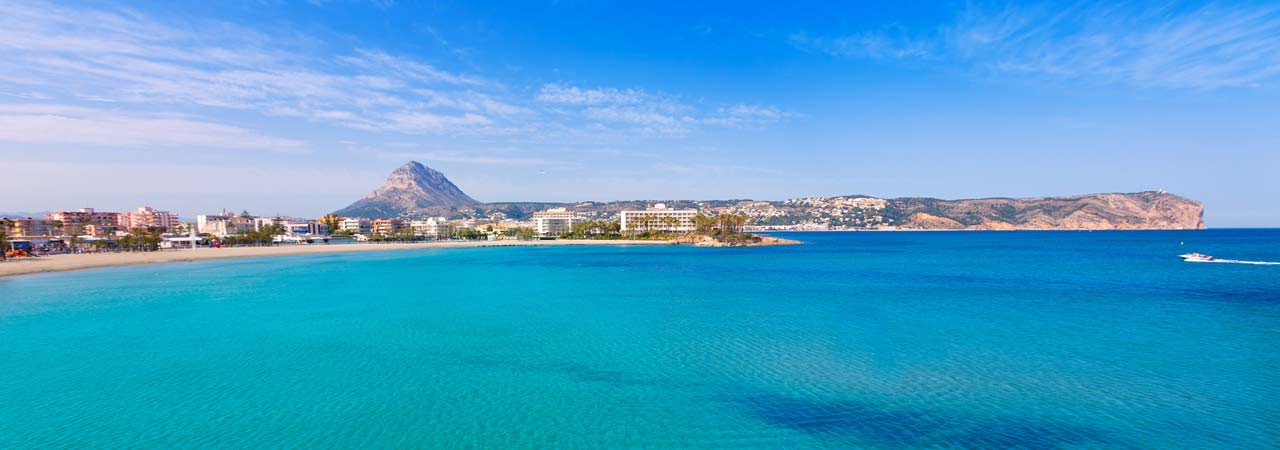



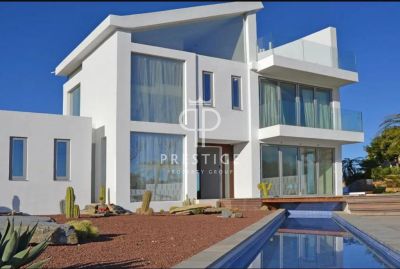
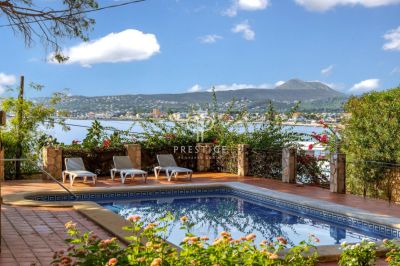
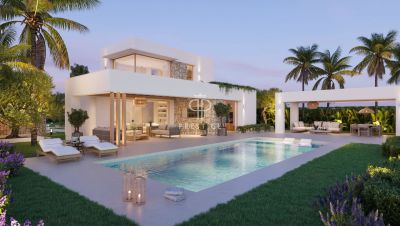
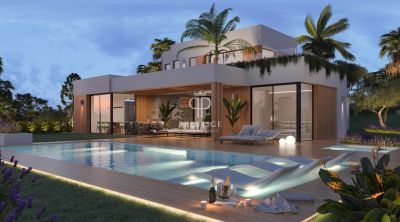
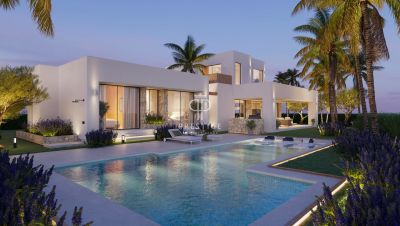
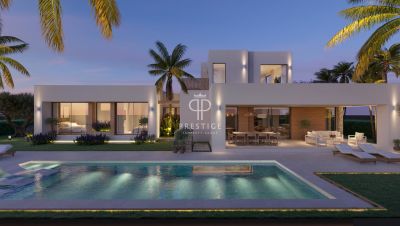
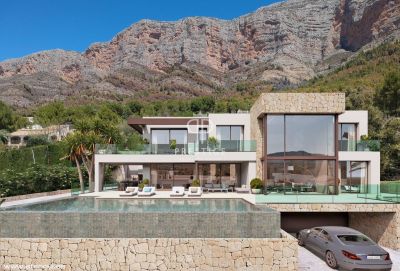
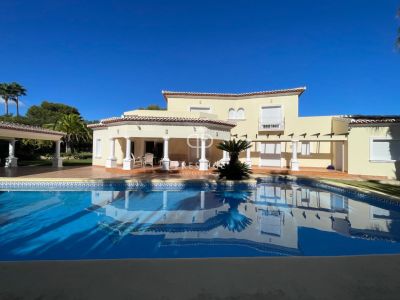
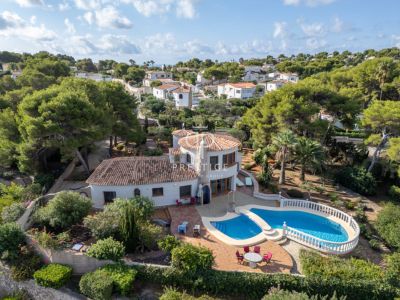


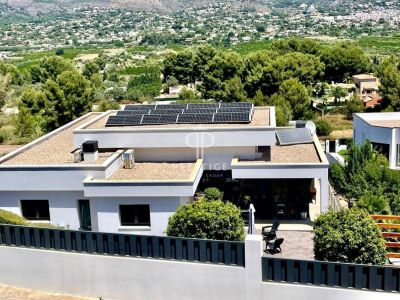


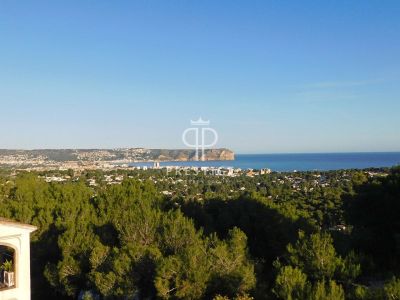

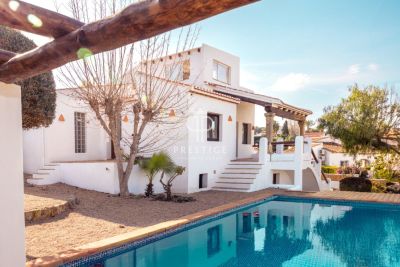
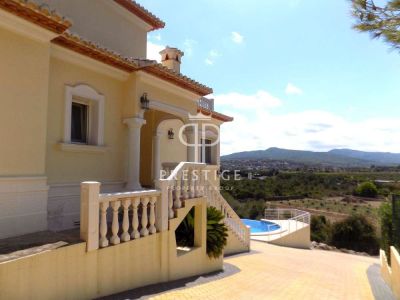
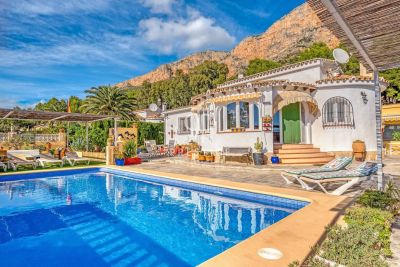
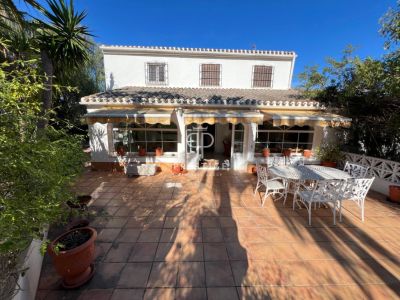
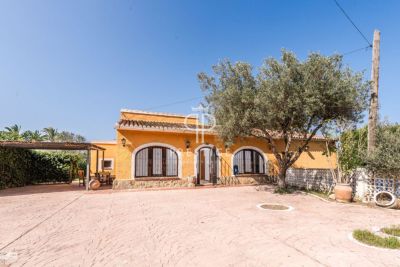

 Facebook
Facebook Twitter
Twitter Instagram
Instagram